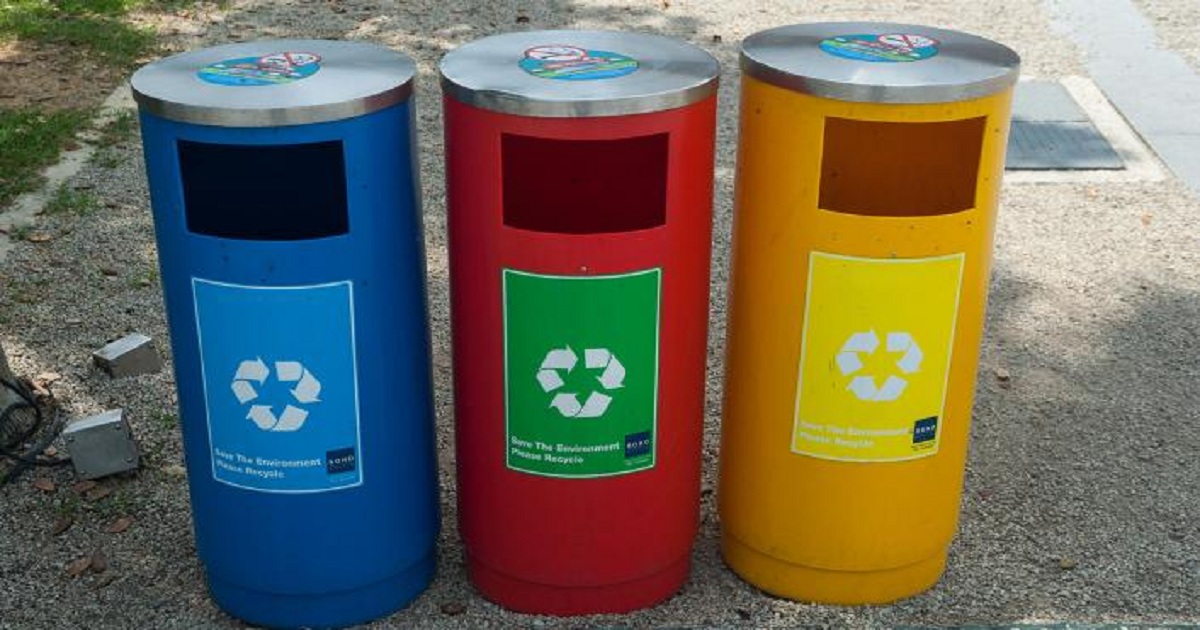How to learn from your teaching mistakes

When I was an undergraduate, I was amused by an anecdote about the legendary philosopher Karl Popper, who would set the tone for his first-year classes by walking in, slamming down his papers and barking just one word: “Observe.”The class would then sit in awkward silence until one brave student offered “What?”“Aaah,” Popper would say, “now that is the question. Observe what?” I have no idea whether or not this is just an academic shaggy dog story, but it’s certainly a good anecdote with which to begin an article about critical reflection.Most teaching, medical and social work students cover a reflective-practice component on their first degrees, which is then revisited when they return for master's study. I have been teaching reflective practice at master's level for quite some time now, and have continually found the issue that most concerns students about reflective practice to be the same as Popper’s challenge: reflect on what? Education, health and welfare work settings are arenas packed with behaviour. Consider the typical key stage 2, KS3 or KS4 classroom. Even if the children are sitting, working quietly, there may be one child who looks like s/he might be surreptitiously glancing at something under the desk; another one in the other corner who has seemed unfocused and upset about something since s/he came in; and the one you told to come and sit at the front who is still wriggling around on his chair.